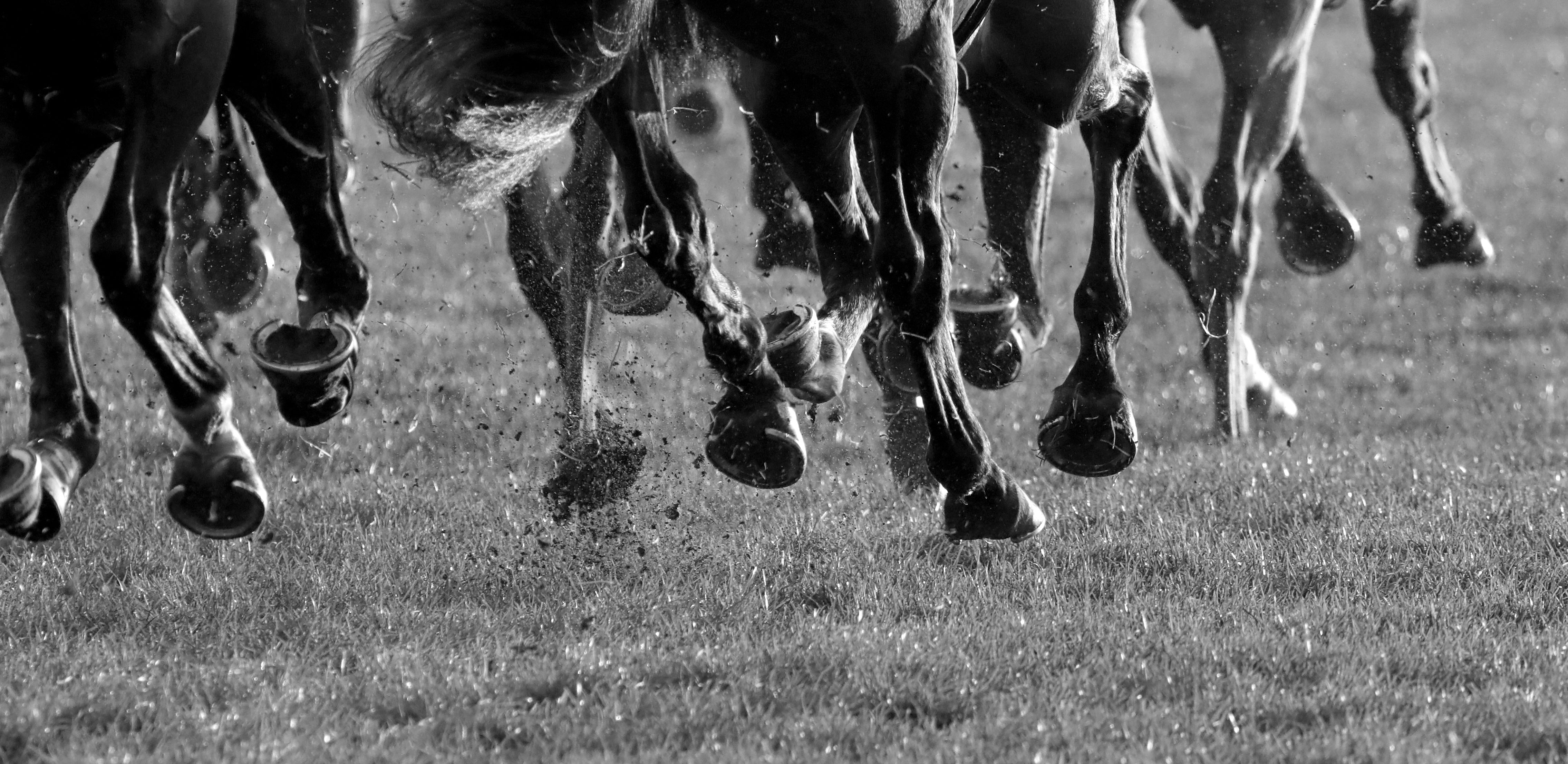
- Additional races to assist trainers in their preparation for upcoming major festivals
- Vaccination requirement was an essential criteria for the resumption of racing
The BHA has today announced that it intends to schedule additional alternative races to assist trainers in their preparation for upcoming major festivals for horses that may miss out on essential prep or qualifying runs in the coming 10 days owing to the new vaccination requirements.
The additional opportunities will be scheduled on or around the weekend of 23 February, in order that horses which require vaccinations over the coming days will be eligible to run. Like all other British races they will only be available to horses who have been vaccinated within the last six months.
It was agreed that, if racing was to return, there should be stringent biosecurity measures put in place to protect the welfare of the breed and reduce the chance of further disruption. The sport is taking a measured risk by returning to racing this quickly, and for that risk to be deemed manageable then it was necessary that protective measures should be put in place. This includes the fact that horses that have not been vaccinated in the last six months should not be allowed to run. Put simply – without this we would not be racing. It could open the sport up to an unacceptable level of risk.
The science is unequivocal that vaccines help reduce the effect and spread of equine influenza. This was a view that was stated by Dr Richard Newton – the Animal Health Trust’s world-leading expert in this field – and supported unanimously by the experts on the veterinary committee.
Trainers had been advised on 25 January that, due to the concerning situation in Europe where outbreaks have occurred in vaccinated horses, and an unprecedented number of cases in unvaccinated non-thoroughbreds in Britain, all horses which have not had a vaccination against equine influenza within the last six months should receive a booster vaccination.
We appreciate that the six-day mandatory stand down period following vaccination, which is a welfare measure on behalf of the horse, will mean that some horses who were not subsequently vaccinated will not be able to run for a short period. However, to ensure a level playing field it would have been necessary to cancel all racing for a further period of at least a week.
This requirement is similar, though slightly less stringent, than the measure recently introduced by Irish Horseracing Regulatory Board (IHRB) that no horse should be allowed to run unless it has received a booster vaccination in the last eight weeks. The Irish equivalent included a short grace period, which was not deemed appropriate in terms of the level of risk in Britain based on the evidence submitted to the veterinary committee.
The BHA is committed to the return to racing whilst minimising the risk of equine influenza spreading further within the sport, causing further disruption. This is our main priority. We recognised in making the decision last night that some participants could be disadvantaged and we are doing what we can to mitigate that without compromising the management of the outbreak.
Notes to editors:
1. The BHA’s formal statement made on 11 February regarding the resumption of racing can be viewed here.
